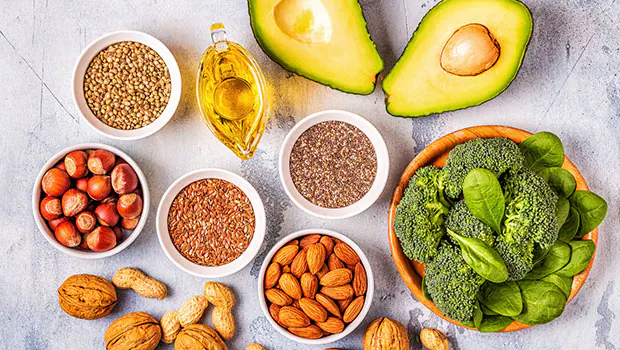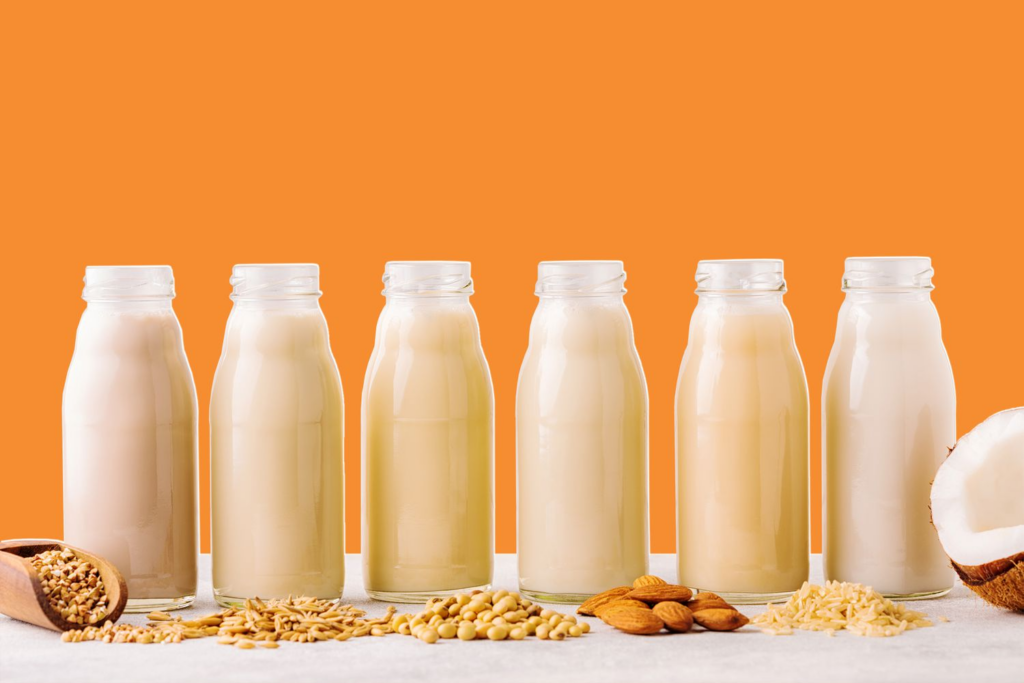If you’re a fan of organic foods and beverages, then one thing is certain: you’re probably aware of the benefits they can have on your health.
From eating vegetables that are pesticide-free and drinking milk that contains more omega-3 fatty acids than regular milk, to breathing easier after having taken antibiotics or taking painkillers for some other reason, there are many reasons why organic foods can help improve your wellbeing in various ways.
But what about milk? Does Neutral Organic Milk contain any additional benefits beyond what traditional varieties offer? The answer is yes! Here’s why:
Organic milk is higher in omega-3 fatty acids.

- Omega-3 fatty acids are important for your heart and brain.
- They’re good for the skin, eyes and joints.
- They can help you lose weight and prevent cancer (1).
Organic milk is lower in saturated fats.
Saturated fat is a type of fat that comes from animal products. It’s bad for your health because it raises your cholesterol level and increases your risk for heart disease.
Organic milk is lower in saturated fats than conventional milk, which means you’ll be eating less of them while getting higher levels of other good fats!
Organic milk has higher vitamin D levels.
Vitamin D is a nutrient that’s important for bone health. It can also be obtained from food sources such as eggs and fish, but it’s not found in nearly as much as milk.
Milk contains vitamin D2, which comes from the sun and has been shown to increase levels of this important mineral in the body by 30%. Milk products also contain other compounds that may boost your intake of vitamin D3 (also called cholecalciferol), including:
- Calcium
- Phosphorus
These nutrients work together with our bodies’ natural production of this essential fatty acid (EFA) to support strong bones throughout life—including during pregnancy or as part of an overall healthy diet plan for children who may be growing faster than usual due to increased height growth spurts during childhood development years.”
Organic milk has a longer shelf life.
You might be surprised to learn that organic milk has a longer shelf life than conventional milk. The reason is simple: organic milk is not subject to the same storage conditions as conventional milk.
When you buy conventional milk, it’s typically stored in plastic containers at room temperature, which can lead to growth of bacteria and other organisms that cause spoilage and disease.
On the other hand, organic cows are allowed access to pasture during their natural grazing season—and their diet contains many beneficial nutrients like omega-3 fatty acids and antioxidants—so they produce more nutritious products over time (and therefore need less time on store shelves).
Organic milk may contain more minerals than regular milk.
- Neutral Organic Milk milk may contain more omega-3 fatty acids.
The fats that make up your diet are important to the health of your body. Fat is necessary for making hormones and other critical compounds, but too much can increase the risk of heart disease, stroke, diabetes and certain cancers.
Omega-3 fats found in organic dairy products have been linked with reduced inflammation and improved brain function (1).
- Organic milk may contain more vitamin D than regular milk. Vitamin D is an essential nutrient that our bodies produce when we are exposed to sunlight on a regular basis—but many people don’t get enough from foods like fish or eggs due to low sunlight exposure during spring and summer months in certain regions around the world (2).
- Organic dairy products tend to contain higher levels of vitamin D because they’re produced under higher indoor conditions than factory-farmed cows raised outside where they spend their entire lives outdoors without shade from trees or buildings blocking out direct sunlight from hitting their skin during every waking hour every day all year round until slaughter date arrives at which point these animals are sent off into processing plants where workers use automated equipment designed specifically for this purpose; this means there’s less chance for human error impacting quality control results since everything has already been tested beforehand!
Organic foods can improve your health in many ways!
You might be thinking that organic foods are only beneficial to you and your family, but they’re also better for the environment. Organic farming practices use fewer pesticides and herbicides, which can have negative effects on the environment such as harming non-target species and polluting soil.
Organic milk contains no antibiotics and fewer pesticides than conventional milk.
Organic milk is higher in omega-3 fatty acids, and has lower levels of saturated fat, making it a much healthier choice.
It also has higher levels of vitamin D than regular milk, which can help you maintain your bone health. In addition to these benefits, organic milk may contain more minerals than regular milk (especially calcium), which helps keep your bones strong.
Because organic farms are required to raise their animals without antibiotics or hormones—and they must use no pesticides on their crops—you’re getting a cleaner product than what you’d find at a conventional grocery store.
Organic milk is higher in omega-3 fatty acids than traditional milk.
Omega-3 fatty acids are a type of fat found in many foods, including fish and some nuts. They’re good for your heart, brain and skin (and joints). Your body can’t produce omega-3s—they must be obtained from food.
Organic milk is higher in omega-3s than traditional milk because it contains more unsaturated fats from grass-fed animals than conventional cows.
Grass-fed animals also produce more CLA (conjugated linoleic acid), which has been shown to help lower cholesterol levels as well as reduce inflammation in the body.*
Organic milk has been found to have a lower sodium content than other types of milk.

Sodium is an important nutrient for health, but it’s found in most foods. It’s also present in organic milk, which is the only type of milk that can be labeled organic. You shouldn’t consider this to mean that organic milk is healthier than regular non-organic or conventional milk, but it does show that there are differences between them when it comes to sodium content.
In fact, studies have shown that drinking low-sodium diets may reduce your risk of developing high blood pressure and heart disease over time—and one reason why could be because they contain less sodium than other types of food products such as cheese, butter and other dairy products (1).
Organic milk has been shown to have anti-inflammatory properties.
Organic milk has been shown to have anti-inflammatory properties.
Organic milk contains naturally occurring compounds that can reduce inflammation in the body, according to a study published in the journal Food & Function.
The researchers found that organic farm milk contained more omega-3 fatty acids than conventional (non-organic) farm milk and less saturated fats. They also found that these differences were associated with reduced markers of inflammation such as C reactive protein (CRP).
The benefits of organic milk are numerous and worth the price
You may be wondering how much organic milk is worth the price. The answer is: it’s worth every penny! The many benefits of organic milk are numerous and worth the price.
- Organic milk is higher in omega-3 fatty acids, which can help lower your risk of heart disease, cancer and other diseases.
- Organic milk has a lower saturated fat content than regular dairy products, so you’ll feel less guilty about eating it by itself or with cereal or yogurt (or any other time).
- It also has better vitamin D levels than non-organic dairy products because cows that eat grass have enough sunlight exposure to produce this nutrient naturally; however, most cows raised on feedlots do not get enough sunlight to produce their own vitamin D reserves—so they need supplementation!
Conclusion
Organic milk has a long and storied history, and it’s time to take advantage of the many benefits that come with this trend. You can get your fix by making your own organic yogurt or even adding it to your morning cereal. If you have kids, they might enjoy drinking organic milk as well!

Jean Smith is a fitness enthusiast and blogger who focuses on fitness and a healthy lifestyle. She is passionate about assisting people in living healthier lifestyles and is constantly on the lookout for new and creative methods to stay fit and healthy. Her articles are excellent resources for anyone interested in improving their health and fitness.
